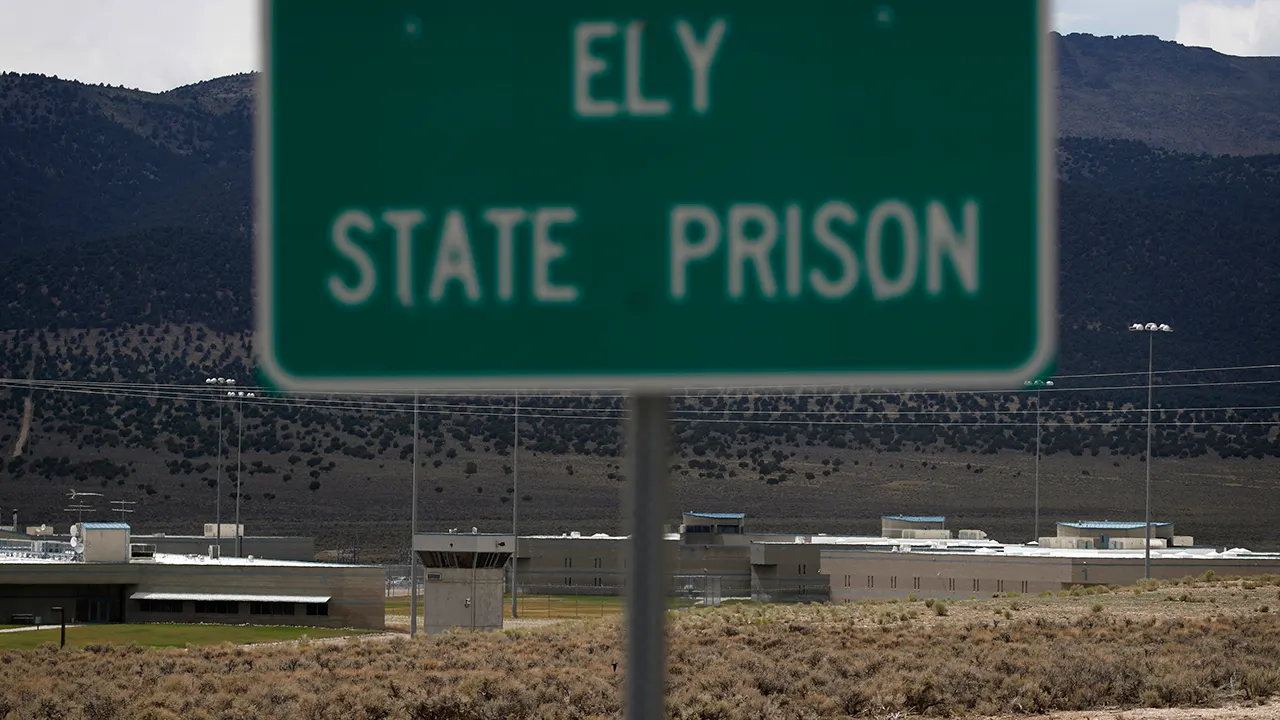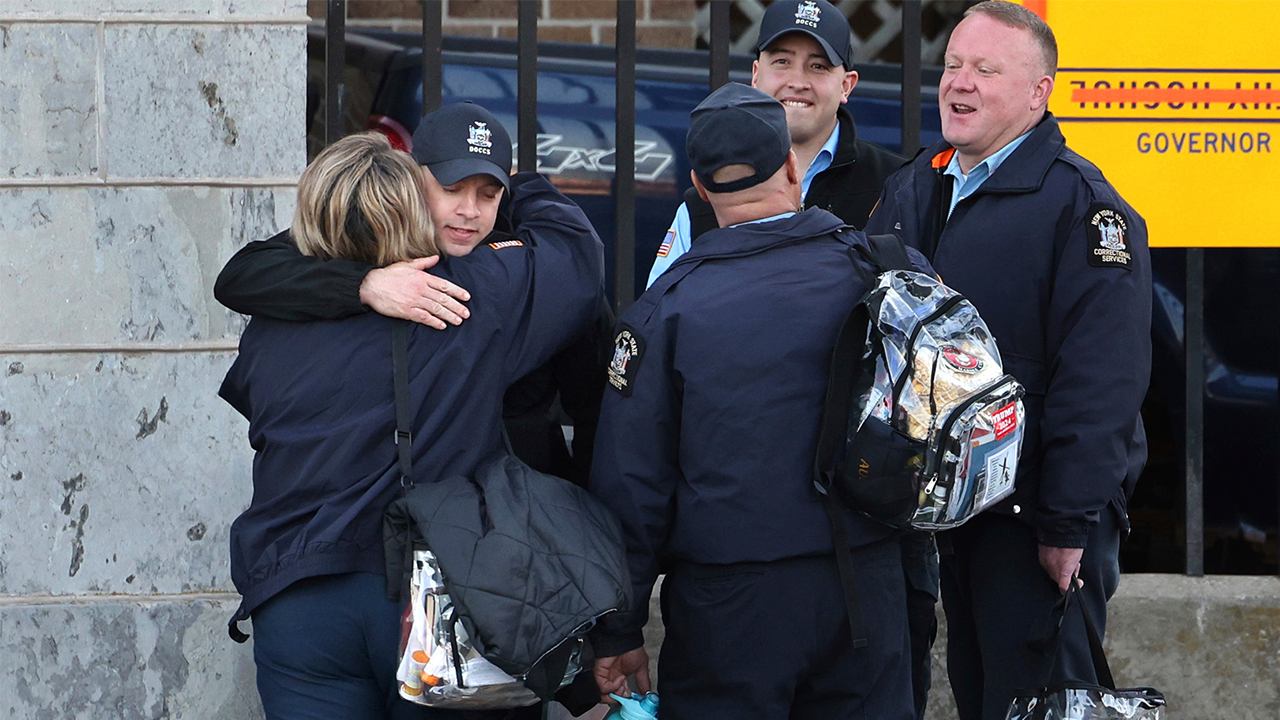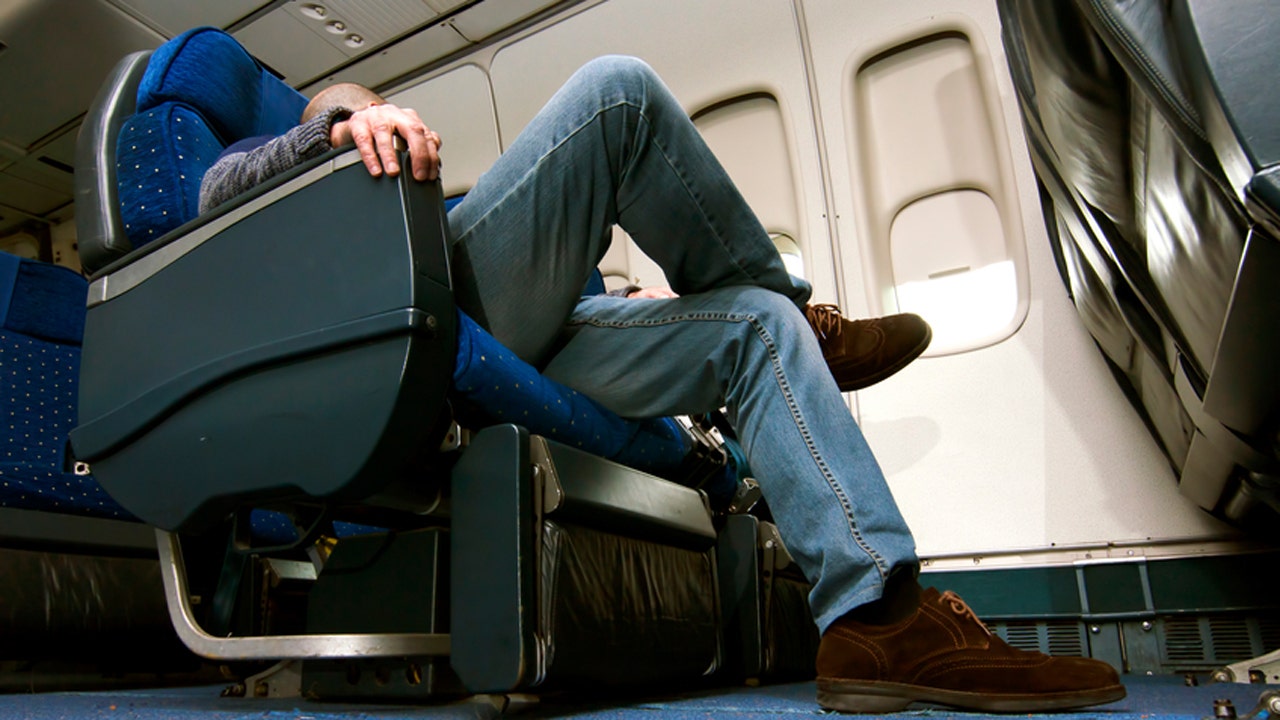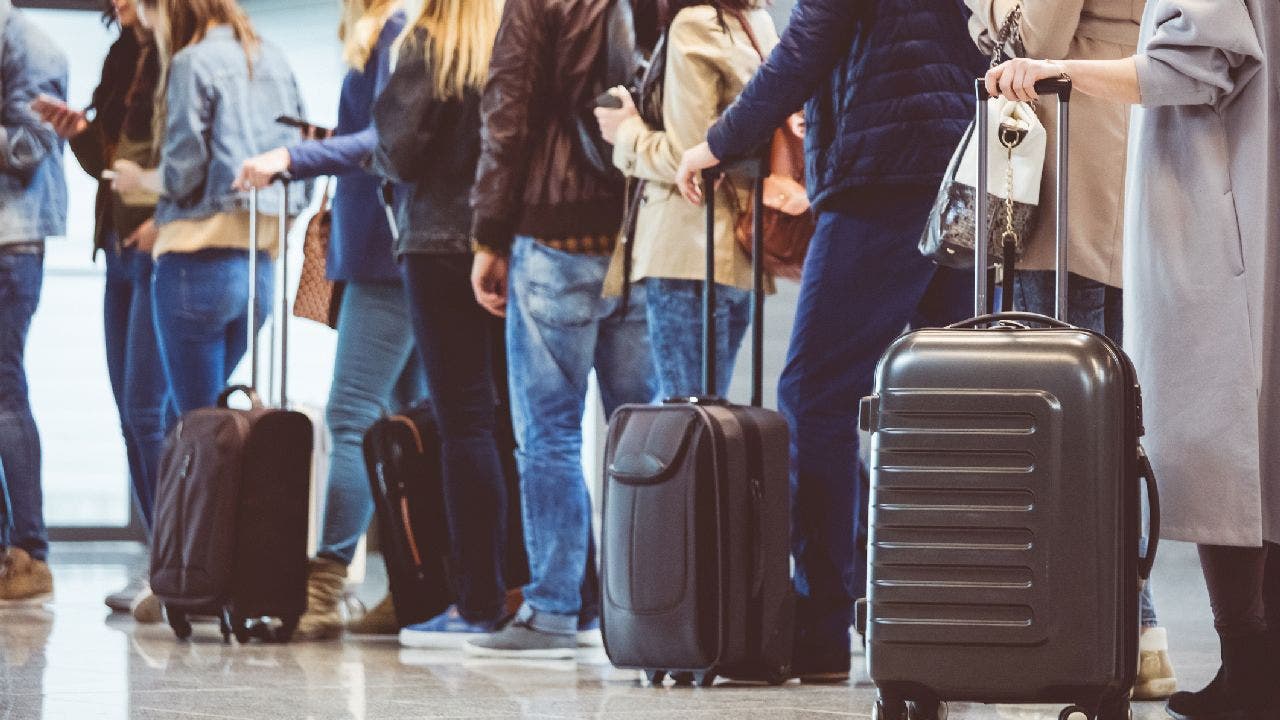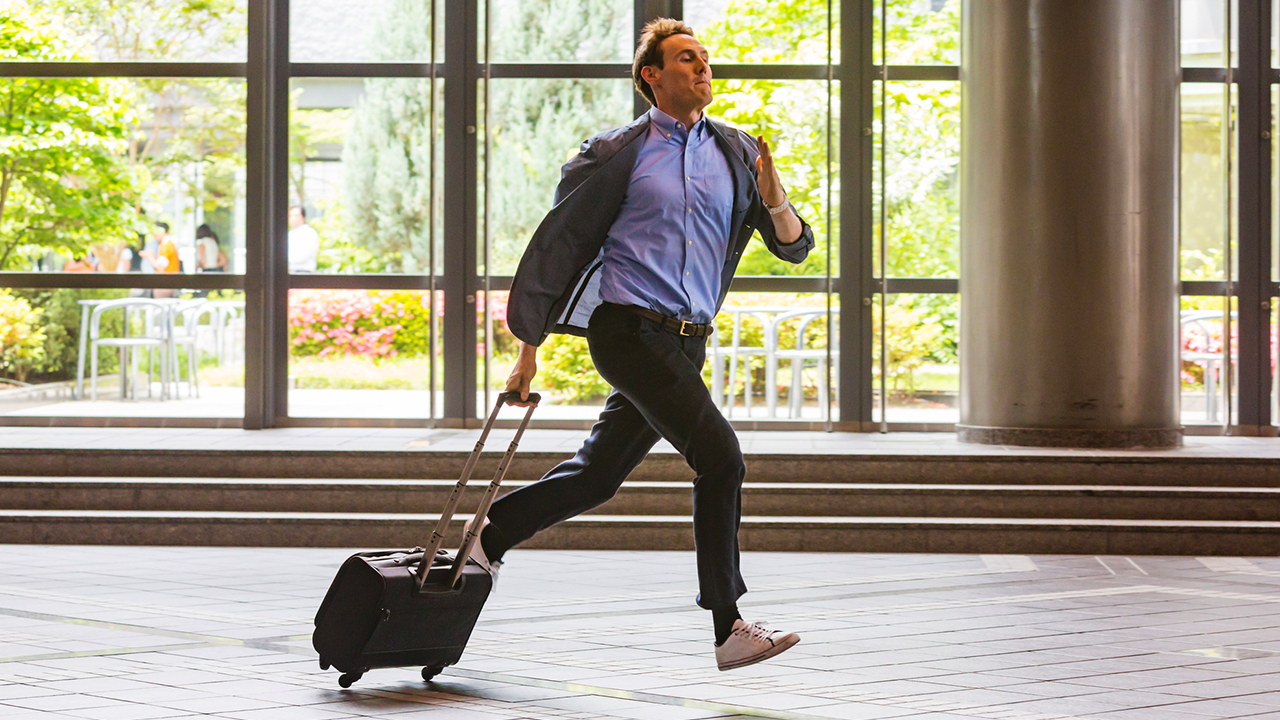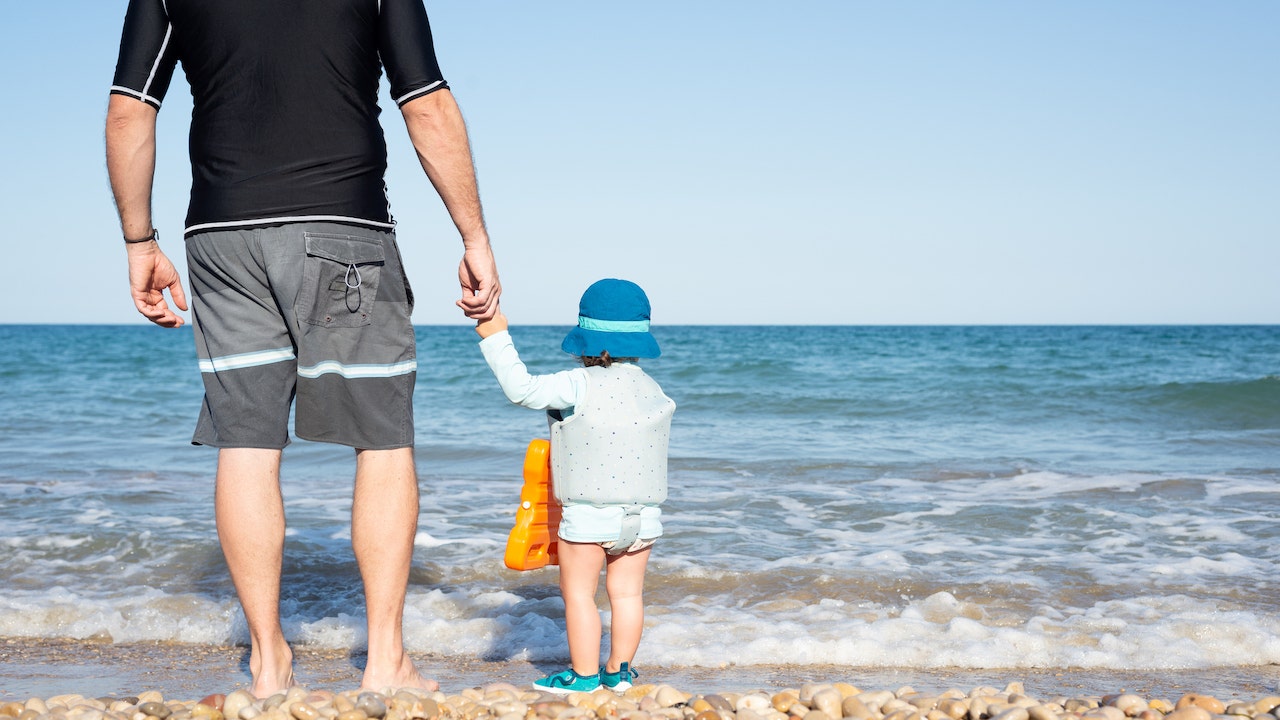Why Some Tourists In Quake-Hit Morocco Are Sticking To Their Trip Plans
When disaster strikes, it often leaves people in a state of confusion, fear, and uncertainty. This is particularly true for tourists who find themselves in a destination affected by a natural disaster, such as an earthquake. Recently, Morocco experienced a significant earthquake that rattled the northern region, leaving many wondering about the safety of traveling to the country. Surprisingly, however, there are some tourists who are choosing to stick to their trip plans, undeterred by the earthquake.
Curiosity Drives the Adventurous
Some tourists are motivated by an innate sense of curiosity, pushing them to explore the unknown even in the face of adversity. For these adventurers, experiencing a destination firsthand, including its unexpected challenges, is what makes traveling so exciting. They believe that earthquakes and other natural disasters are a part of life and should not hinder their desire to discover new places.
The earthquake that hit Morocco has not deterred these intrepid travelers from visiting the country. They see the earthquake as a unique opportunity to witness the resilience of the Moroccan people and their solidarity in times of crisis.
Seeking Authentic Experiences Amidst Chaos
Some tourists are motivated by a desire for authentic experiences, seeking to understand the true essence of a destination. They believe that by visiting during challenging times, such as after an earthquake, they will have the opportunity to connect with the local community on a deeper level.
These tourists view their presence in quake-hit Morocco as a chance to contribute to the recovery efforts, either through volunteering or supporting local businesses. They understand that their visit can have a positive impact on the local economy, helping the affected area regain normalcy.
Trust in Local Authorities and Infrastructure
Another reason why some tourists are moving forward with their travel plans is their confidence in the local authorities and infrastructure. Morocco has taken significant measures to ensure the safety of its citizens and visitors, implementing strict building codes and earthquake-resistant measures.
These tourists trust that the government has already assessed and repaired any damage to major tourist sites. They believe that the local authorities would not encourage tourism if it posed any significant risk to travelers. This trust in the system allows them to feel secure about their trip to quake-hit Morocco.
Flexible Itineraries to Adapt to Changing Circumstances
Many tourists who decide to stick to their trip plans in quake-hit Morocco are those who have flexible itineraries. They have left room for unexpected events and are prepared to adjust their plans based on changing circumstances.
These tourists understand that their visit may be different from what they originally envisioned. Some attractions may be temporarily closed, certain routes may be altered, or accommodation options may be limited. However, they embrace the opportunity to explore alternative destinations and discover hidden gems that are untouched by the earthquake.
Optimism and Trust in the Local Community
Lastly, some tourists simply have a deep trust in the resilience and strength of the local community. They believe that the Moroccan people will come together to recover and rebuild their country after the earthquake.
These tourists are inspired by the stories of communities rallying together in times of crisis and have faith that their trip to quake-hit Morocco will still offer them memorable experiences and encounters with warm-hearted locals. They see this as an opportunity to show solidarity and support, forming connections that transcend the physical impact of the earthquake.
A Choice Rooted in Individual Preferences
It is important to note that while some tourists are choosing to stick to their trip plans in quake-hit Morocco, others may decide to cancel or postpone their visits. Each person’s response to a natural disaster is deeply personal and influenced by various factors such as risk tolerance, empathy, and the size of the earthquake impact.
Ultimately, the decision to continue with a trip to a quake-hit area depends on an individual’s values and priorities. Whether one chooses to travel or not, it is crucial to respect and support the choices made by fellow travelers, as everyone seeks personal growth and fulfillment through their own unique travel experiences.
Conclusion
In the aftermath of the earthquake in Morocco, it is fascinating to see that some tourists remain committed to their travel plans despite the challenges posed by this natural disaster. Driven by curiosity, the desire for authentic experiences, trust in authorities and infrastructure, flexible itineraries, and faith in the resilience of the local community, these tourists demonstrate a remarkable spirit of adventure and solidarity. Their choice to visit quake-hit Morocco is a testament to the power of travel and the enduring human connection that transcends borders and circumstances.
*Source www.ndtv.com


